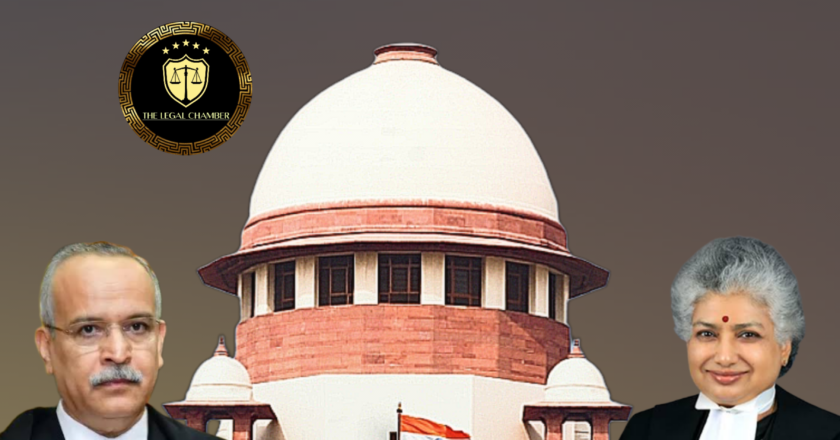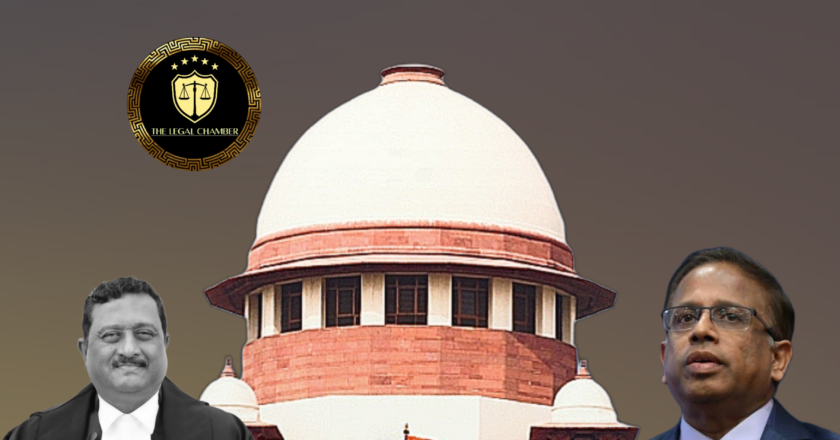Supreme Court: Delay or Criminal Antecedents Alone Cannot Cancel Bail
The Supreme Court clarified the distinction between bail cancellation and revocation, emphasizing that revocation is permissible if the initial bail order was perverse or illegal. The Court reiterated that while ensuring a fair trial is paramount, the principle of "bail, not jail" prevails, and stringent conditions can adequately mitigate risks of witness tampering or evidence influence.
Facts Of The Case:
A First Information Report was registered on 19th December 2021 against unknown persons for offences including murder, following the death of a victim who was allegedly followed and brutally attacked by a group due to political enmity. The appellants, identified as activists of a political organization, were subsequently arrested. In December 2022, after nearly a year in cu...




